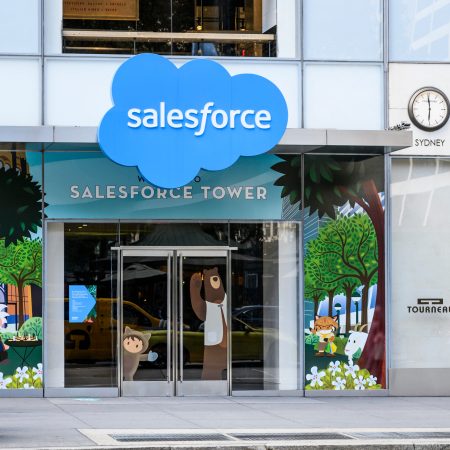
Many experts in the financial world have written about the pros of automation in finance, and they touch on several of the same points. But, the most significant advantage of applying automation to your financial operations is the positive impact it has on your company’s efficiency. Let’s take a deeper look at five advantages of implementing automation into your financial operations.
Five Advantages of Implementing Automation
Michael Hickens, the director of strategic communications at Oracle and former editor of the Wall Street Journal’s CIO Journal, is an advocate for automation in finance. Hickens, states, “Automation can not only make closing the books easier; it can enable finance to do a close far more frequently, which in turn provides a real-time view of where the company stands.” Automating traditional finance tasks can provide a range of benefits.
1. Quick Insight and Analysis
Financial departments are being called on more and more by sales, marketing, HR, and operations to provide raw data faster than ever. With all of this data flooding in by the terabyte, financial departments struggle to keep up when using spreadsheets and other manual methods. Without automation, team members are forced to spend hours collecting data, re-entering data, and ensuring data quality. This leaves little to no time left over for analysis, reporting, and other strategic recommendations.
Automation changes all of this because now all the data and finances of each dimension of the business can be automatically connected to a single accounting system. Now, siloed, manual financial processes can give way to cloud-based platforms that vastly simplify reporting, planning, forecasting, and other analytical functions. This allows for quick insight into your company’s overall finances.
2. Risk and Revenue Assesment
With access to accurate and timely information drawn from each component of the organization, finance executives are able to run scenarios with different sets of variables. Automation enables users to draw from a much broader selection of data instantaneously to assess both potential risks in existing markets and opportunities in new ones. Instead of having to hunt down each scrap of information, automation lets you compile and analyze all these variables in a single home. This is important for recognizing revenue in every area of your business and creating a 360-degree awareness of your business and its performance.
Automation also helps companies generate and manage comprehensive reports, thereby offering greater insight into the quality and sustainability of financial results. Financial experts or accountants can drill down into specific data within seconds, no matter the type of report or stage in development. Being able to assess different areas or trends in the market so easily is totally invaluable to an organization.
3. Develop and Nurture New KPIs
Organizations that have successfully automated standard accounting functions are able to visualize past traditional metrics to look at unique and forward-thinking key performance indicators. Automating data flow allows you to more effectively understand key business factors such as customer satisfaction, or even tackling the complex issue of treating data as capital.
Capturing comprehensive business data is imperative because the analysis of the data influences many key decisions about business models and technological development. When financial teams can spend less time compiling and organizing their data, they can focus more on analyzing that data to make better decisions that will lead to the development of stronger KPIs. This translates to higher conversion rates, more repeat purchases, improved customer satisfaction and, ultimately, more informed business decisions.
4. Expand Into International Business
Every company wants to expand into international business. In order to do this, you will need a modern and innovative accounting solution that has your finances in check with multi-national compliances. Automated accounting functions allow corporate finances to comply with regulations in different countries, provide multi-language and multi-currency support, and automatically support accounts from local subsidiaries. For example, Accounting Seed’s software lets you handle multi-currency transactions and gives you the ability to work with multiple companies and financial institutions all over the world.
5. Arrange Better Discounts
If your company is using a CRM like Salesforce, your sales team has access to an infinite amount of data about their prospective customers. If your team has access to data such as customer behavior and sales history, they can rely on software to automate a contract based on the information about your prospect. A faster, more efficient workflow like this benefits your whole company. The quicker your sales team can negotiate a contract with discounts based on the specific needs of your customer, the easier it is to replicate good practices to acquire new customers. This creates a fluid contract lifecycle that frees you to focus more on engaging the customer than the meticulous tasks of gathering the necessary data.
These advantages are key differentiators when thinking about automation in the financial industry. Many businesses find that additional, more individualized benefits spring from these core advantages, as well.
Accounting Seed’s Automated Features
Accounting Seed strives to provide its customers with an accounting tool that is fully tailored to their individual business needs. The major benefit of our platform is that our automated features are designed to be fully customizable to individual requirements.
We’re focused on the future of your business, whereas traditional accounting software is about looking in the rearview mirror. Accounting Seed makes you more competitive by taking an innovative approach to accounting through cloud-based computing and automation, allowing you to focus more on your customers and less on the back office.
See Accounting Seed in action
Get a close-up view of how accounting on Salesforce can eliminate the need for costly integrations—and silos of mismatched information—by sharing the same database as your CRM.



